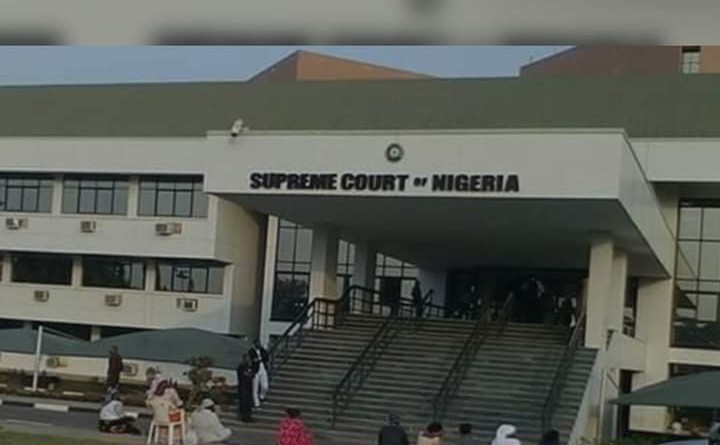The Supreme Court of Nigeria has extended the four-year tenure enjoyed by executive officials to all local government chairmen and councilors across the country. This judgment, which underscores the autonomy of local governments, was delivered on May 11, 2024, by Justice Mohammed Garba and six other justices.
According to the Certified True Copy (CTC) of the judgment, the Court found that certain state governments have undermined the autonomy of local government councils through unconstitutional actions, depriving them of the ability to exercise their powers and fulfill their statutory responsibilities. Justice Garba characterized the situation as “one tier of government’s inhumanity to another tier of government.”
The judgment emphasized that local governments in Nigeria are constitutionally recognized as the third tier of government, independent of state governments. Their political and financial autonomy is enshrined in the Constitution of the Federal Republic of Nigeria, 1999 (as amended).
Justice Garba further explained that Nigeria’s constitutional framework clearly establishes a federal system with 36 states and 768 local government areas. He noted that while the Constitution provides mechanisms for extending the tenure of elected officials in extraordinary circumstances, such as insecurity or war, the routine disregard for conducting local government elections by some states is unconstitutional and unacceptable.
The ruling also addressed the legislative framework governing the six Area Councils of the Federal Capital Territory, Abuja, where the National Assembly has enacted specific legislation to manage their administration, including the dissolution of councils and the timing of elections.
In conclusion, Justice Garba condemned the practice of truncating the tenure of local government councils, stressing that it amounts to the illegal termination of the electorate’s mandate. He reaffirmed the constitutional role of the judiciary in interpreting laws to uphold the principles of democracy and the rule of law.
